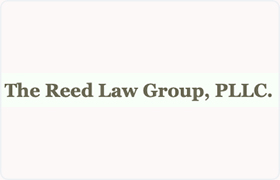 Plano Eminent Domain Lawyers, Texas
Plano Eminent Domain Lawyers, Texas
Sponsored Law Firm
-
 x
x

Click For More Info:
-
The Reed Law Group, PLLC.
3245 W Main St Ste 235-346 Frisco, TX 75034» view mapReal Estate Experience You Can Trust
We can assist you in any facet of a real estate transaction from contract through close or if you are a lender, document preparation and/or review.
800-996-8670
Lawyers
1-4 of 4 matches
Eminent Domain, Construction, Government Agencies, Civil Rights, Administrative Law
Eminent Domain, Family Law, Franchising, Business Organization, Construction



 Anthony Reed Frisco, TX
Anthony Reed Frisco, TX